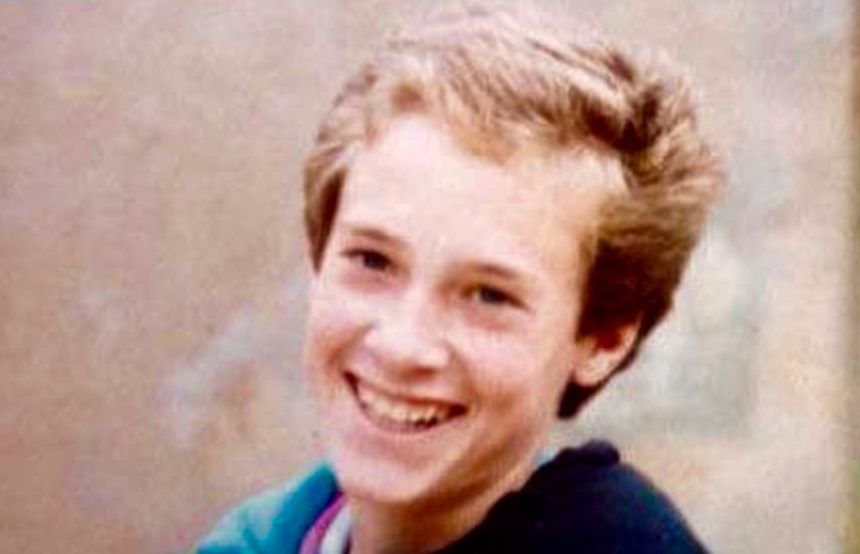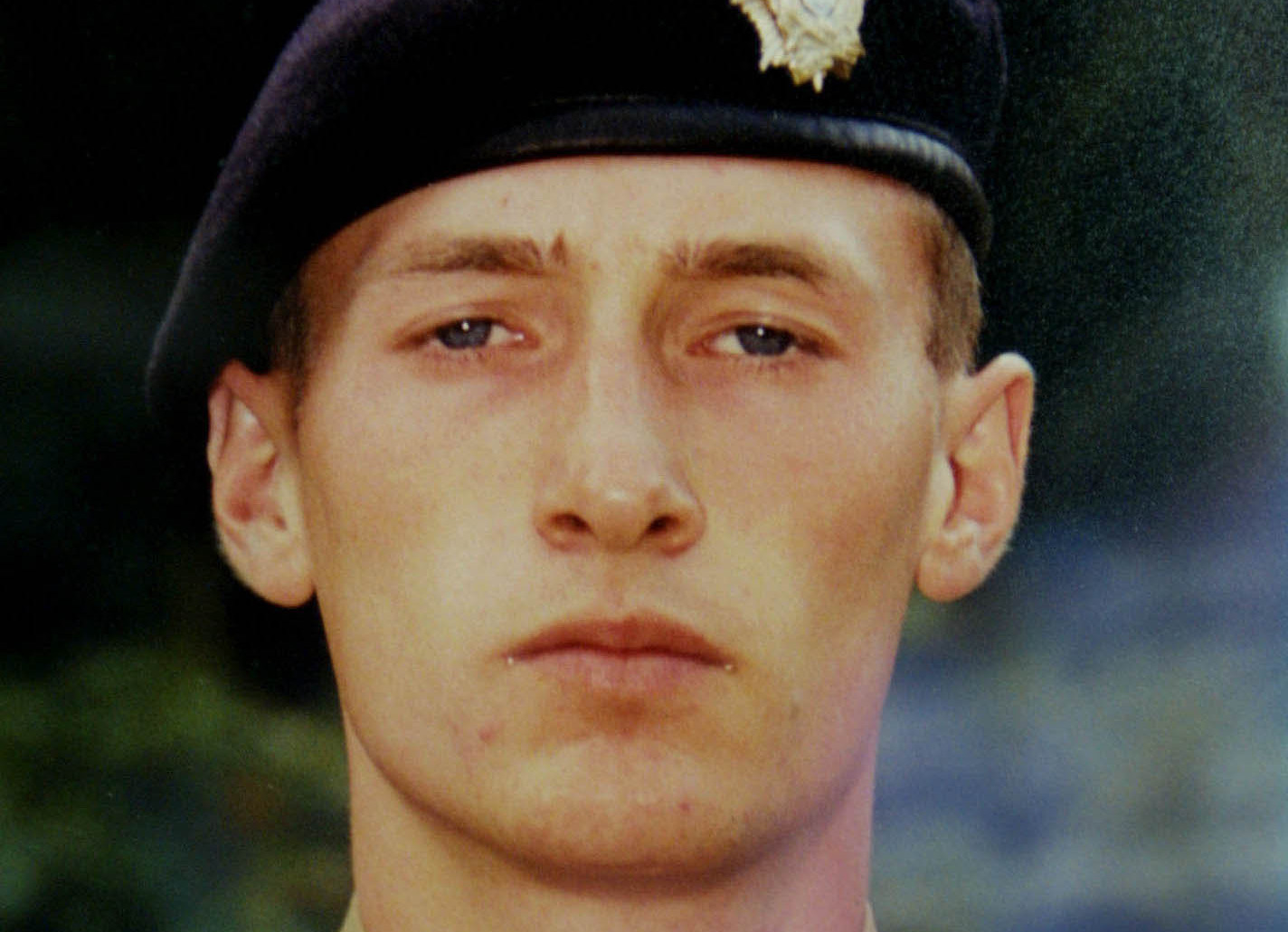Private Sean Benton was just 20 years old when he died at Deepcut Barracks in Surrey. He had five bullet wounds to the chest. Now, more than two decades later, a fresh inquest may finally give his family the answers they’ve been denied.
The new inquiry, which will start on January 24, will look at all the evidence surrounding the soldier’s death, much of which was not included in the initial investigation.
What Were The Problems With The Original Investigation?
Embed from Getty Images
When Pte Sean Benton was found dead on June 9, 1995 Surrey County Police should have carried out an investigation. They did not.
Instead, they left it to the Royal Military Police. The inquest lasted less than two hours. The coroner heard evidence from only six witnesses and didn’t examine his mental or physical health records.
The inquest returned that the verdict that the death was suicide, but his family were left with no answers as to why the scene was cleaned up so quickly, apparently before a proper forensic examination could take place.
Deepcut Barracks – A Wider Problem?
Embed from Getty Images
Sean was the first of four young soldiers to die with gunshot wounds at Deepcut barracks between 1995 and 2002.
Cheryl James (aged 18, 1995), Geoff Gray (aged 17, 2001) and James Collison (aged 17, 2002) also died amid allegations of bullying and abuse at the training centre.
In each case, inquiries initially found that there had been no third-party involvement and that the most likely cause of death was suicide. All the families felt that the investigations carried out by Surrey County Police had been inadequate.
In 2016, a fresh inquest into the death of Pte Cheryl James again found that she had died from suicide. However, the coroner also found that the Army had breached its duty of care to the trainees at Deepcut and that this may have contributed to her death. In particular, the coroner’s verdict added that the environment was chaotic; young soldiers lacked supervision, had ready access to alcohol, and there was virtually no welfare support.
So, What Have Human Rights Got to Do With This?
 Image Credit: Liberty
Image Credit: Liberty
This new investigation has been granted after Liberty took up Sean’s case, now acting on behalf of his sister Tracey Lewis, and his twin brother Tony Benton. Sean’s parent’s died before they were ever able to see justice.
Since 2012, the organisation has used the Human Rights Act to force Surrey Police to release all the files they hold about the case, as well as grant a new inquest.
Article 2 of the Human Rights Act protects our right to life, the most fundamental of all. Under this, the state has a duty to investigate any deaths that occur in its care. Because the army is a public body, and subject to a strict line of command, the deaths that happened at Deepcut barracks between 1995 and 2002 fall into Article 2’s remit.
This means that not only the direct cause of death must be investigated, but also the circumstances around it. The new inquest will, therefore, look at allegations of bullying as a wider culture at the base.
Unlike the earlier inquest, 150 witnesses will give accounts of the weeks, days and hours leading up to Sean’s death. Experts will also give their assessments of Sean’s state of mind and mental health.
Hopefully, more than twenty years later, Sean’s family – and the recruits who spent time at Deepcut during the 1990s and early 2000s – will receive answers to both his death and the conditions at the barracks.







